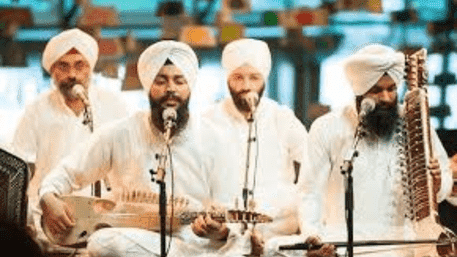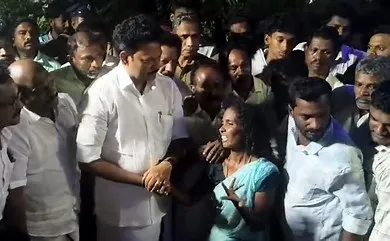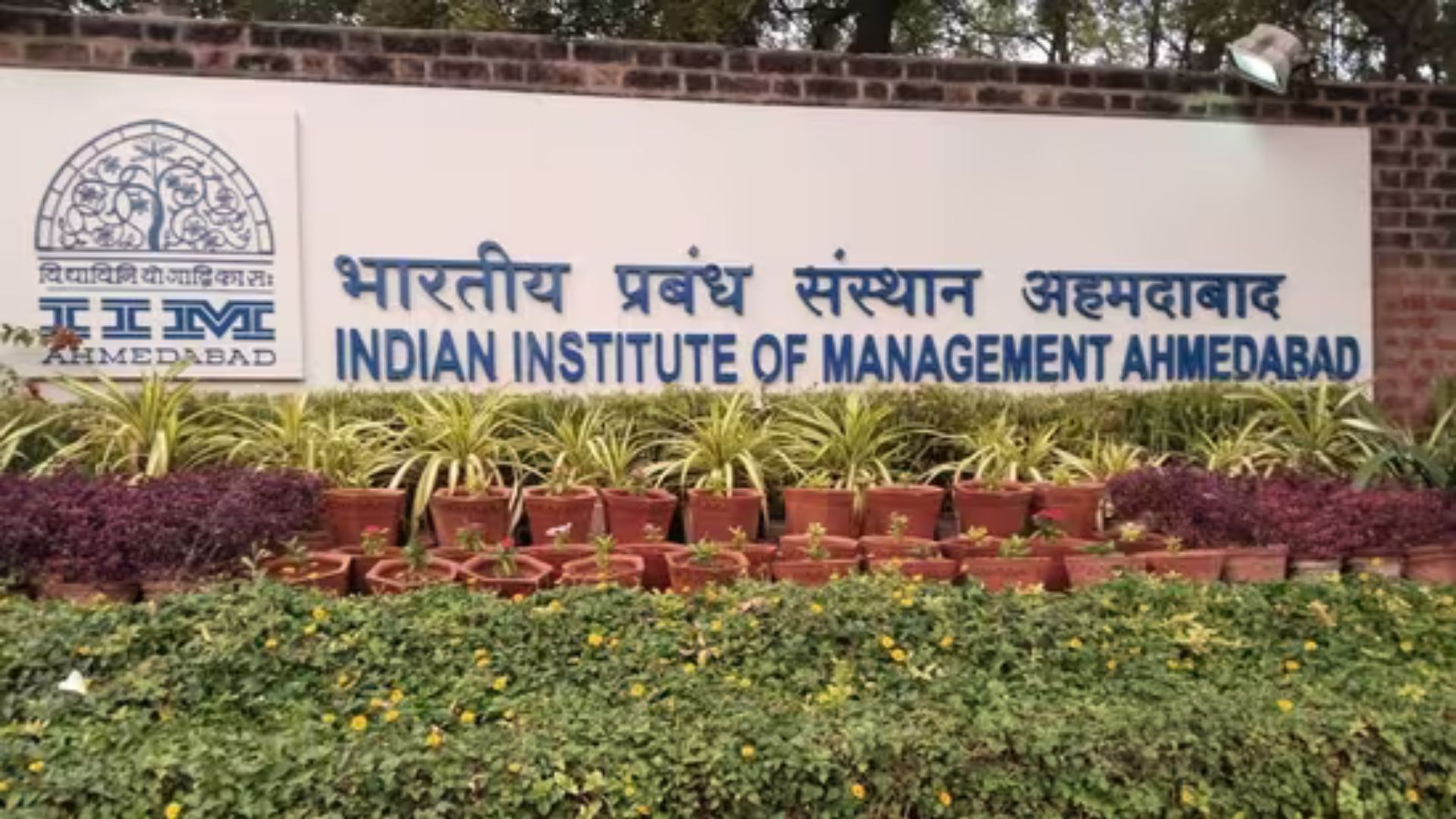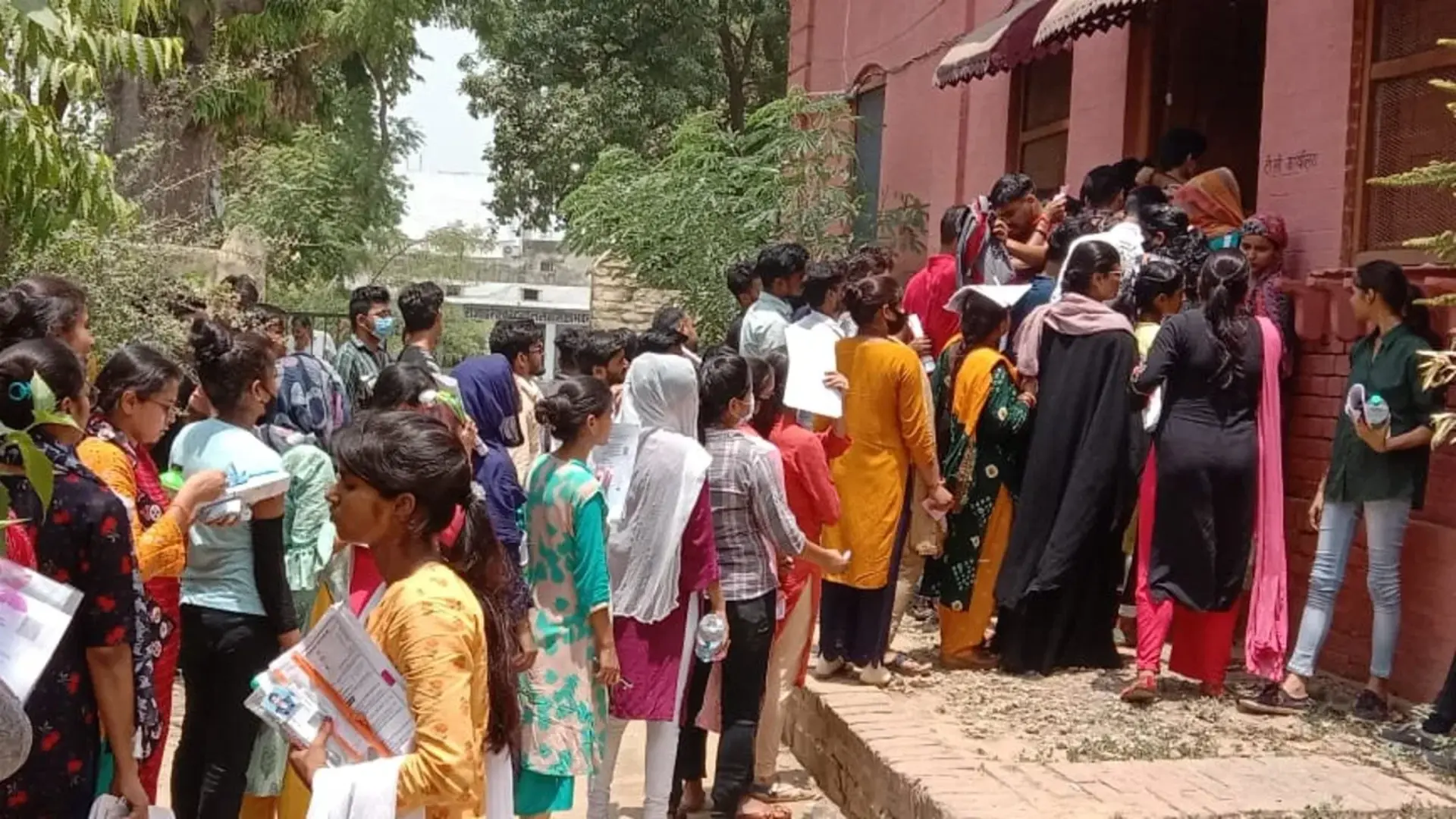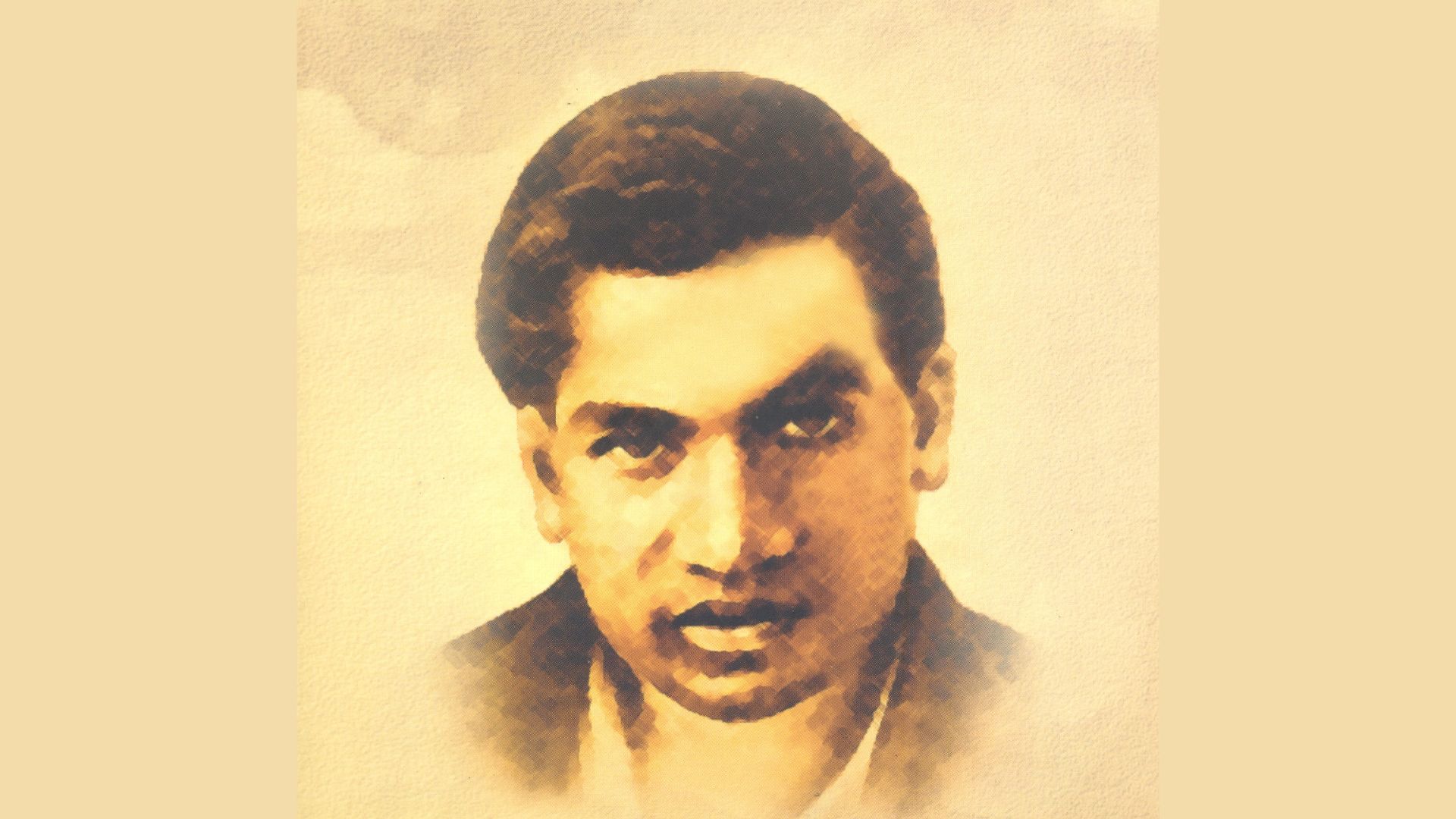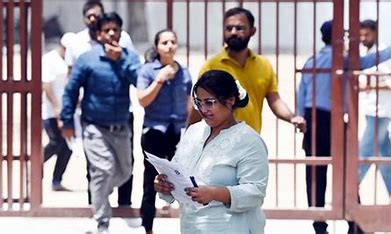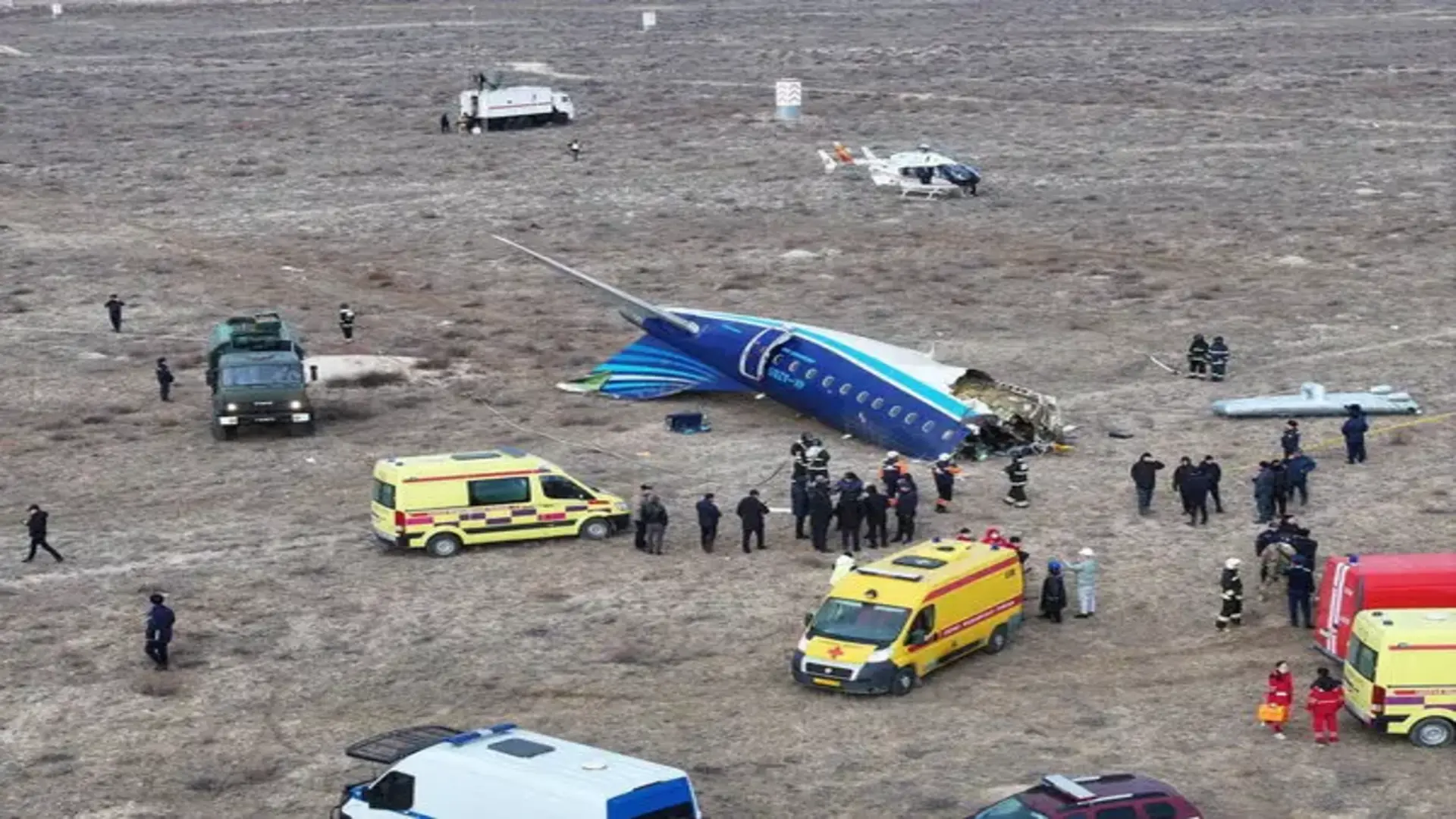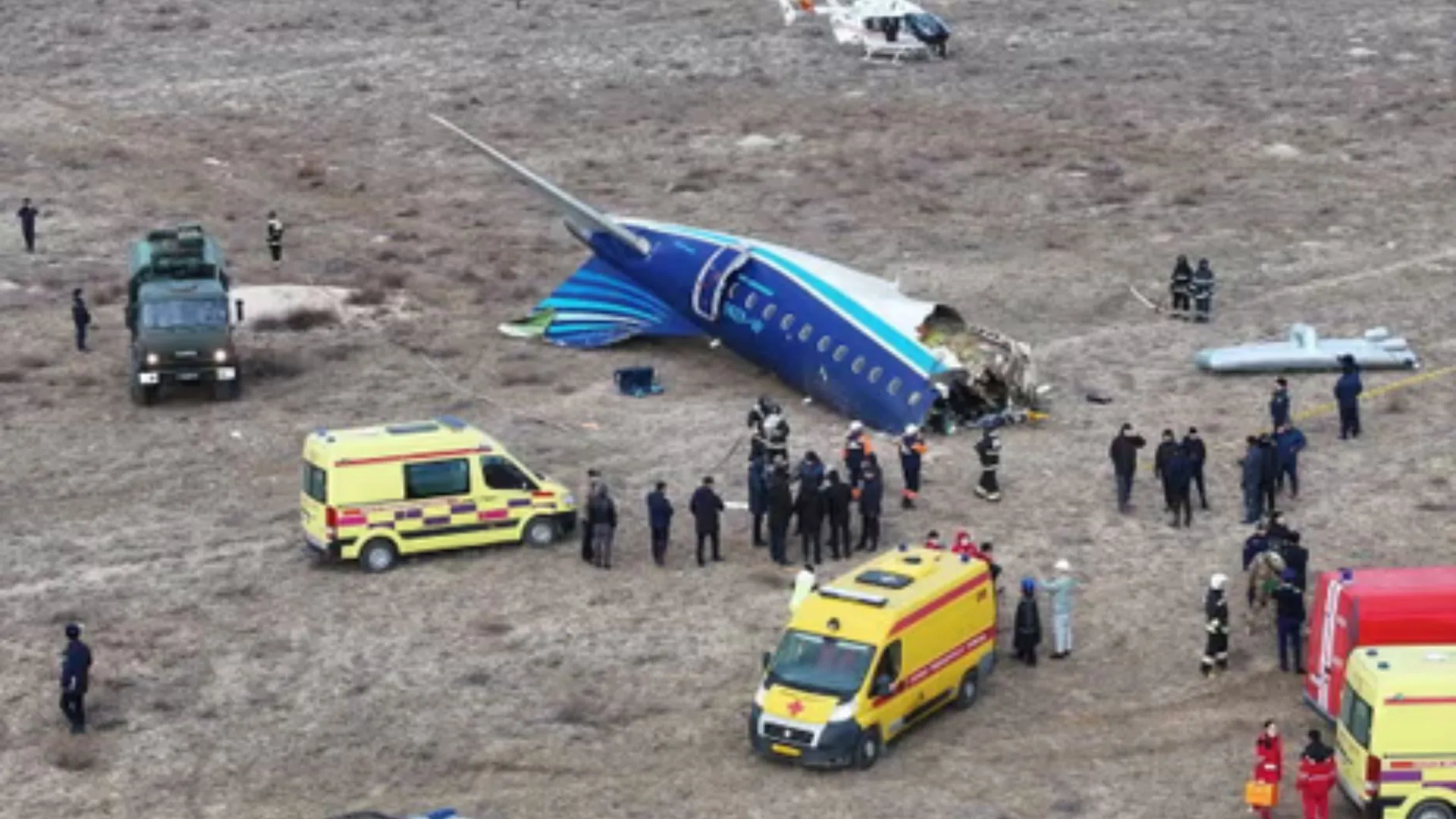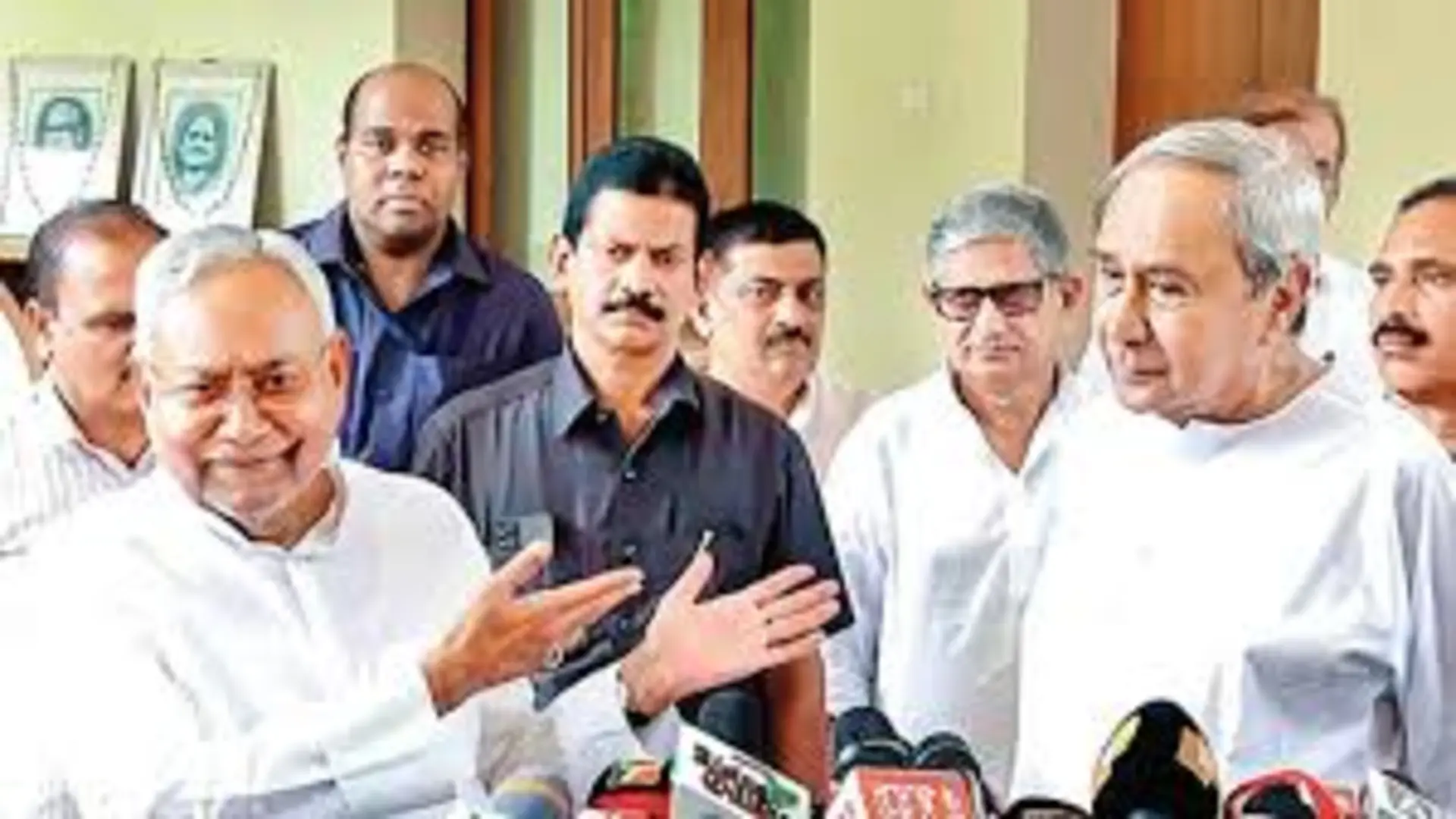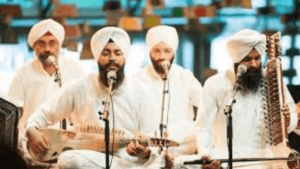For the first time in the UK, Kirtan, a key element of Sikh devotion, is now officially part of the graded music examination system. Starting Friday, students will have access to a formal curriculum for “Sikh Sacred Music,” allowing them to study and gain qualifications in this sacred tradition alongside Western classical music.
A Decade of Effort Pays Off
Harjinder Lallie, a Birmingham-based musician and academic, has worked for over a decade to ensure Kirtan receives the same recognition as Western music genres. His tireless efforts have led to the introduction of Sikh Sacred Music as part of the globally recognized eight-grade music exams, offered by the London-based Music Teachers’ Board (MTB).
Lallie, who teaches at the Gurmat Sangeet Academy in the UK, shared his pride in the achievement: “It’s deeply humbling but still fills me with pride that a Western audience is paying attention to Sikh Kirtan. It is no less important than the violin, piano, or any other contemporary Western genre.”
Preserving Sikh Heritage
Kirtan, the devotional singing of verses from the Sikh holy text, the Guru Granth Sahib, holds deep significance in the Sikh faith. Historically, Kirtan was performed using traditional Indian string instruments such as the dilruba, taus, esraj, sarangi, and saranda. Over the past 150 years, these instruments were replaced by the harmonium, leading to a decline in the use of traditional tanti saaz (stringed instruments).
However, with the introduction of this formal curriculum, Kirtan will once again be performed using traditional instruments. “This examination system requires candidates to do Kirtan on traditional string instruments and not the harmonium. This will encourage more children to reconnect with their roots and heritage,” said Lallie.
Formal Recognition and UCAS Points
The new Sikh Sacred Music curriculum offers students the opportunity to earn UCAS points for grades 6-8, which can be used toward university admissions. David Kesel, Managing Director of MTB, emphasized the importance of this recognition. “It’s wonderful to see that students learning Sikh Sacred Music will now be recognized for their efforts, just like students learning other instruments like the piano or violin.”
The curriculum’s launch comes as part of a broader initiative by MTB to diversify music education and celebrate musical traditions from different cultures. “As one of the main UK exam boards, a big part of our mission is to diversify music education. We’ve also launched Bollywood and Indian pop music syllabuses as part of this effort,” Kesel added.
A Step Toward Cultural Diversity in Music Education
Jasvir Singh, Chair of the City Sikhs community group in the UK, hailed the inclusion of Sikh Sacred Music in the formal curriculum as a landmark achievement. “Kirtan is a fundamental part of Sikh identity, and this recognition gives spiritual music the academic worth it deserves in the UK,” he said. Singh also highlighted the benefits this could bring to British Sikhs, as they explore their heritage while gaining qualifications that could help with further education.
Future Plans for South Asian Instruments
The introduction of Kirtan in the UK’s graded music system is only the beginning. An accredited tabla exam is expected to be launched by early next year, with other traditional South Asian instruments, including the sitar and sarod, to follow.
The recognition of Sikh Sacred Music and the inclusion of Indian instruments in UK music exams marks a significant step in celebrating and preserving cultural diversity within music education.

